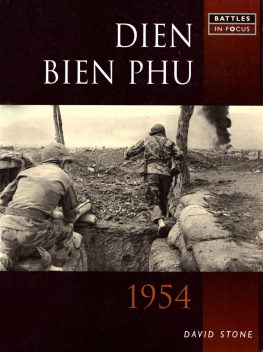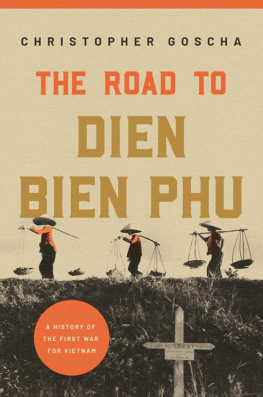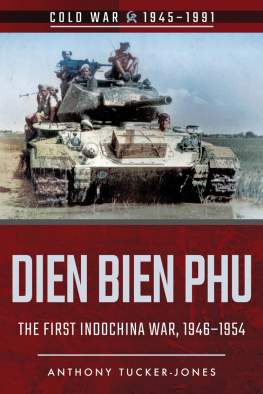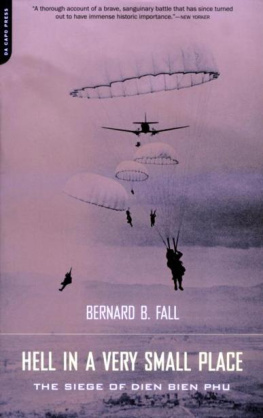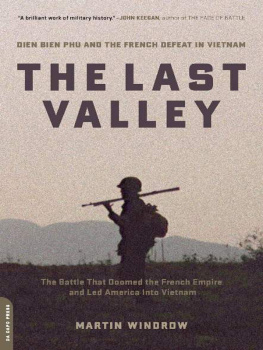This edition is published by PICKLE PARTNERS PUBLISHINGwww.picklepartnerspublishing.com
To join our mailing list for new titles or for issues with our books picklepublishing@gmail.com
Or on Facebook
Text originally published in 1994 under the same title.
Pickle Partners Publishing 2014, all rights reserved. No part of this publication may be reproduced, stored in a retrieval system or transmitted by any means, electrical, mechanical or otherwise without the written permission of the copyright holder.
Publishers Note
Although in most cases we have retained the Authors original spelling and grammar to authentically reproduce the work of the Author and the original intent of such material, some additional notes and clarifications have been added for the modern readers benefit.
We have also made every effort to include all maps and illustrations of the original edition the limitations of formatting do not allow of including larger maps, we will upload as many of these maps as possible.
THE GENERALSHIP OF GENERAL HENRI E. NAVARRE DURING THE BATTLE OF DIEN BIEN PHU
by
BRUCE H. HUPE, MAJ, USA
B.A., University of California, Davis, California, 1981
CHAPTER ONE INTRODUCTION AND METHODOLOGY
The defeat of the French forces at the battle of Dien Bien Phu was largely due to a failure in the application of senior military professional skills by the Commander-in-Chief, General Henri E. Navarre. Conventional historical wisdom holds that General Henri Navarre is to blame for the French defeat at the battle of Dien Bien Phu. This thesis tests that commonly held perception by applying a model taken from United States Army doctrine on senior military leadership. The application of this model should confirm the judgment of history by concluding that General Navarres professional skills were less than adequate.
The methodology employed in this thesis applies a standard of generalship drawn from the U.S. Armys Field Manual 22-103, Leadership and Command at Senior Levels . Field Manual 22-103 describes fourteen professional skills that are the yardstick by which senior professionals are judged by their soldiers, other professionals, and even their enemies. {1} The fourteen skills are classified in three categories, they are: conceptual skills, competency skills, and communications skills. In this thesis, General Navarres plans for French military operations in Indochina are the basis for the study of his conceptual skills. Actual events and the execution of those plans are examined to assess his professional competency. Lastly, General Navarres relationships to other key members of his command provide the medium for examining his communications skills.
Subordinate Questions
A slightly adapted version of the Command and General Staff Colleges Campaign Analysis Methodology provides the basis for key subordinate questions and place the battle of Dien Bien Phu in proper historical context. {2} The subordinate questions are as follows:
1. The historical context
a. When and where did the battle occur?
b. How were the adversaries organized and equipped?
c. Who was General Navarre, what was his background and what can be inferred from his past that affected his actions?
2. The strategic setting
a. What were the French political and military goals? Did the military goals support the national ones?
b. What were the strategic strengths and weaknesses of each side?
3. The operational setting
a. Did the operational military plans support the French strategic objectives?
b. What military operations preceded the battle of Dien Bien Phu and what were their significance?
c. What were the strengths and weaknesses of the French operational plans? What was the rationale for them to fight there and was it sound?
d. What were the effects of logistical considerations at Dien Bien Phu? Were they decisive in determining the outcome of the battle?
e. What was the French organizational command structure at the battle and how did it effect the outcome?
4. The tactical setting
a. What was the French tactical plan, was it sound and how well was it executed? What forces were there and how were they employed?
b. How did terrain, geography and climate effect the battle? How did the French include these factors in their plans?
Background and Context of the Problem and the Research Question
Leadership is an absolutely crucial and definitive aspect of military operations. The preeminent war fighting manual of the United States Army, FM 100-5, Operations , describes leadership as the most essential dynamic of combat power and further states that the regular study of military doctrine, theory, history and biographies of military leaders are invaluable. {3} It is in this statement that the importance and validity of this thesis is grounded. In the United States the American involvement in Vietnam is widely studied, but the First Indochina War is less widely known. In February 1977, an academic seminar entitled The Dien Bien Phu Crisis: Franco-American Diplomatic Relations was hosted at the Wilson Center Library in Washington, D.C., by Professor Dominique Moisi. One of the attendees, Herbert Y. Schandler, a national defense specialist for the Congressional Research Service said, I once asked (General) Westmoreland in Chapel Hill if he had ever studied the French experience in Indochina, and he replied that he had once talked to a French general in Washington. {4} A closer study of the French experience by the American commander might well have produced useful insights in the later development of U.S. strategy in Vietnam. Students of American military history can learn much by studying the experiences of other nations.
There are numerous historical parallels, as well as many differences, between the French involvement in Vietnam and the American one. Today many historians, political scientists, and military leaders point to a flawed strategy as a fundamental cause for Americas ultimate defeat in Vietnam. This contrasts with the French experience. The battle of Dien Bien Phu was a singular event that finalized the loss of Frances war in Vietnam. It must be studied in terms of the actual tactics used by the combatants. The broader contexts of the operational goals of the French military in Indochina and the military strategy of the French government also bear examination. The views of academics and military and political leaders in assessing the French defeat at Dien Bien Phu provide much of the research material in this study of leadership and military history. The Indochina War collection on microfilm compiled by Douglas Pike at the University of California, Berkeley, has yielded most of the archival primary source documents used. This collection is on file in the Combined Arms Research Library at Fort Leavenworth, Kansas.





